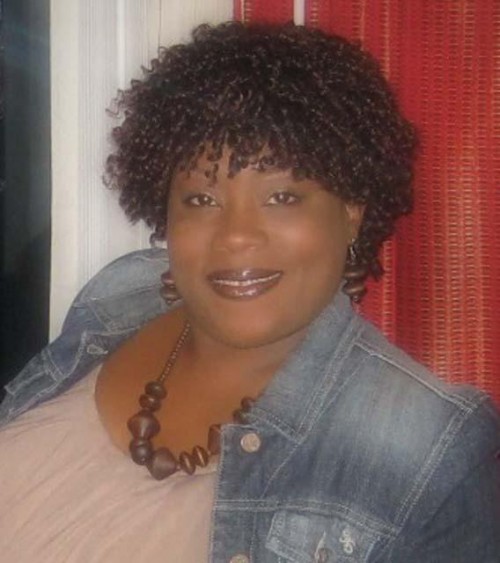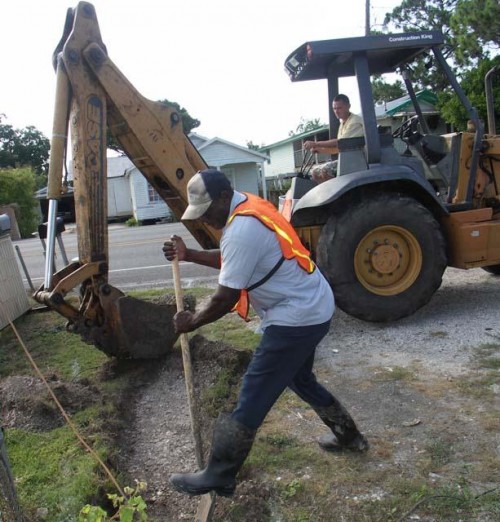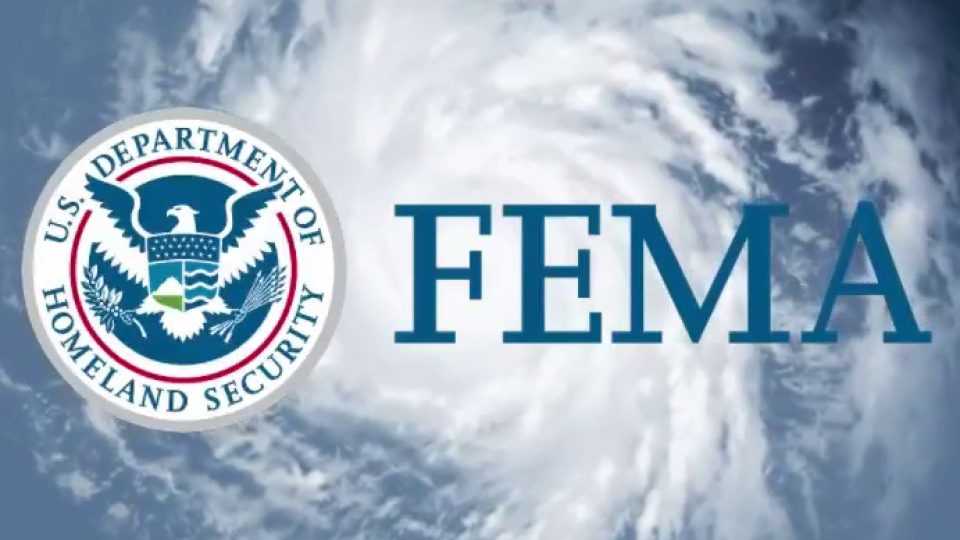
Family: Murder victim cared about welfare of others
July 5, 2011
CDBG flow should ease future disaster
July 7, 2011After dining on a lunch of chicken, grits and green beans, Louisiana Seafood Promotion and Marketing Board Executive Director Ewell Smith announced to members of the Houma-Terrebonne Chamber of Commerce that the word must be spread that Louisiana seafood is both safe and delicious.
Smith said that while southern Louisiana locals know the facts regarding seafood, most of the nation has a perception problem that resulted from water quality reports following hurricanes and the BP Deepwater horizon spill of April 20, 2010.
“We went through [Hurricane] Katrina, but everybody [outside Louisiana] forgets that there was a Rita, Gustav and Ike,” Smith said. “In one month [between the hits from Katrina and Rita] Louisiana and the nation lost three of the largest fishing docks in the entire United States. People lose sight of that. Then we had crisis on top of crisis.”
Smith offered a reminder that when water was being pumped out of New Orleans, following Hurricane Katrina at the end of 2005, it was referred to in the national press as being toxic. The general public took that sweeping statement and applied it to believe all Louisiana water, and the marine life in it, was dangerous to consume.
“Seafood sales came completely to a halt,” Smith said regarding the result of misguided perceptions. “People still believed there was water on Bourbon Street two years later, even though we had a clean bill of health one month following Katrina by the FDA, NOAA, Wildlife and Fisheries, all those agencies.”
Then, with the BP disaster, concerns rose again regarding the quality of Louisiana seafood and lasted for months following the largest oil spill in North American history.
“Within a week [following the BP spill] we began making calls because we knew the challenge we were dealing with,” Smith said. “One of the things we’ve learned in Louisiana is when a challenge come to us we don’t’ go running away from it we run towards it.”
Smith specified that public perception in other parts of the country is the continued challenge for the Louisiana seafood industry. He noted that after the BP spill, 20 percent of the fisheries in the state were closed, but even with 80 percent still open people were asking if the seafood was safe. Conflicting reports, depending on what organization is behind them, seem to arrive at different testing results.
Statistics offered by Smith note that 69 percent of the American public remains concerned about eating seafood from the Gulf of Mexico. “That is a huge, huge challenge for us,” he said.
According to the Louisiana Seafood Promotion and Marketing Board, one out of every 70 jobs in Louisiana is seafood related and represents an economic impact of more than $2.4 billion annually.
Smith said that $2 million received from BP following the spill set the stage to establish a state marketing effort. With an additional $30 million secured from BP, the Louisiana Seafood and Marketing Board has begin organizing efforts to sell Louisiana seafood to the rest of America and the world.
The biggest challenge, Smith said is perception and getting the word out. “[More than] five years ago when they were when they were de-watering the City of New Orleans, that footage ran for about a week and a half on TV,” he said. “This footage [following the BP spill] ran for three months plus on TV.”
The challenge is on according to Smith. He stressed that Louisianans are up to the challenge. In addition to advertising plans and marketing efforts at food festivals around the country, Smith encouraged those present to spread the word about Louisiana seafood over the Internet to encourage their friends and families to confidently consume what is harvested from the Gulf.
“When the Seafood Promotion Board does well we do well too,” Terrebonne Parish President Michel Claudet said. “What’s good for Terrebonne Parish is a lot of seafood, and to advertise that it is still good to eat and great for all of us to enjoy.”
Claudet said that recovery in the seafood industry is certain to be gradual and involves a continued effort to regain public confidence. “Ewell and the whole seafood promotion board has work tirelessly to promote our interests down here,” he said.
“I haven’t seen any statistical data one way or the other,” Chamber Chairman J.J. Buquet said. “I think that is part of the problem. We haven’t done a very good job collectively on getting the word out on where we stand. We need to do a better job of getting the word out nationally. You have to inform folks in a fun and humorous way, that is what catches their attention, that our seafood is healthy, and safe and delicious. You got to spend money on that to get that word out.”
“This industry is still alive and we’re just getting started,” Smith said. “We’ve never backed down. We are still moving forward. I’m actually optimistic. I know we can face the challenge head-on and overcome the challenge.”







